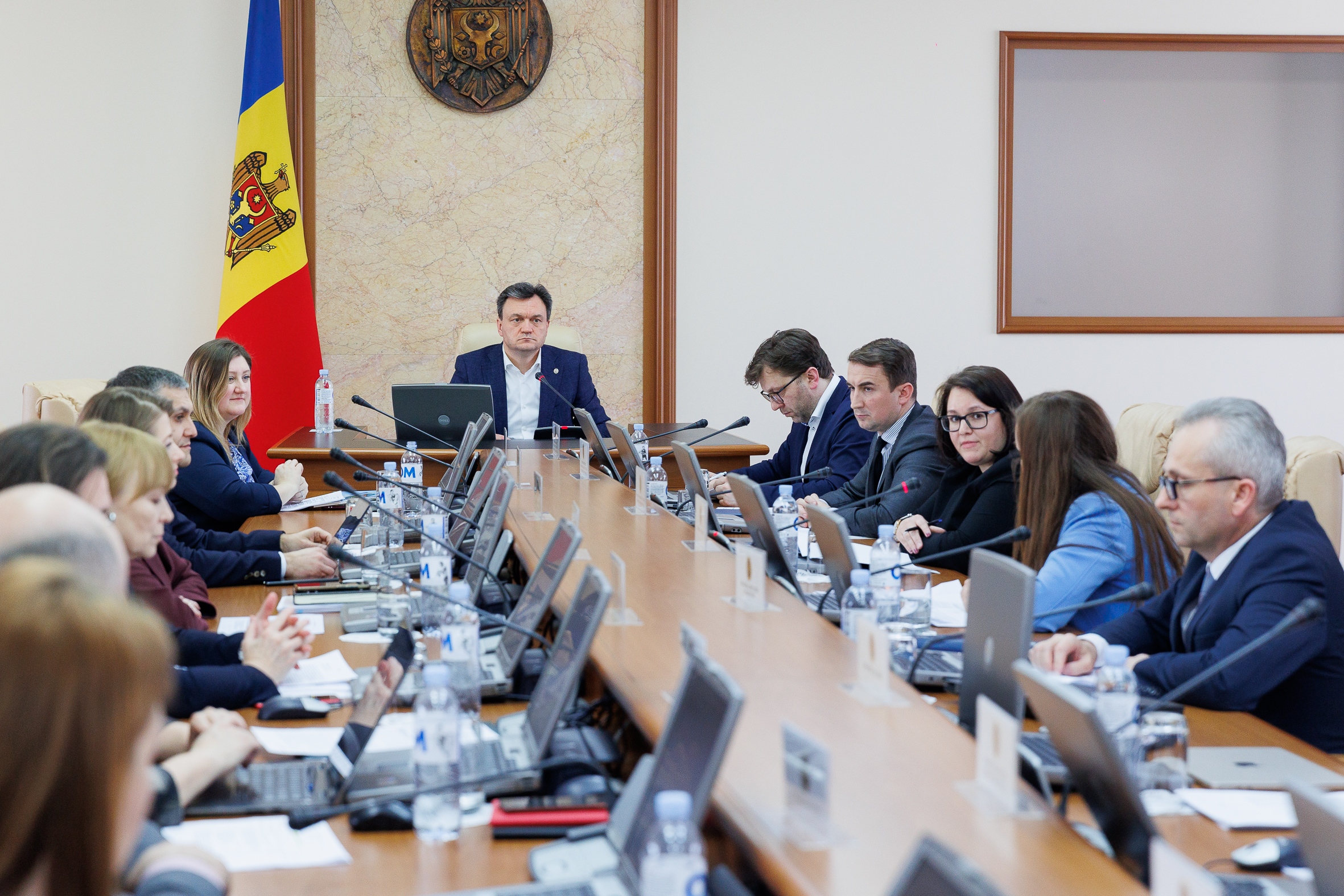The activity program of the Government headed by Dorin Recean announced on Thursday, February 16, does not include the chapter on the objectives in the sphere of media, unlike the programs of some previous ministers’ cabinets.
According to the activity plan titled “Prosperous, Safe, European Moldova,” the new Cabinet of Ministers’ desired goals are prosperous citizens, a state integrated into the European Union, powerful transparent institutions, a competitive business environment, and living in a safer world. The program lists the priorities within a range of areas, yet the media sector is not mentioned. The only priority related to the press is transferred to the sphere of justice and concerns approving a new law on access to information of public interest, along with voting the Law on Personal Data Protection and on the National Center for Personal Data Protection.
Besides, the objectives include “preventing and countering hybrid threats at the level of cyber and informational security,” and the list of priorities related to state security includes “improving the structures in charge of countering hybrid threats and ensuring cyber security to increase the level of safety for people, state institutions, and private environment,” without any particular references to the sphere of the media.
The Prime Minister’s spokesperson has specified for Media Azi that the program of the new Cabinet of Ministers was developed in order to continue pursuing the goals aimed at the European integration of the Republic of Moldova, which also entails the priorities related to ensuring freedom of the press and freedom of expression. “It is assumed that the governance’s program is aimed at subsequent application of the European standards, which implies quality standards, including those in the media sphere. Transparency is an implicit issue, a self-evident purpose. The program is merely a guideline; there are other aspects which have not been listed in detail. What is important is that the current executive authority has provided for transparency and institutional communication as fundamental principles in the relationship with citizens and the mass media,” Daniel Voda comments.
Media expert Ion Bunduchi, Executive Director of the Electronic Press Association, remarks that, in recent years, the executive authorities have had different programs, some of which included general phrases about the media, whereas the others had separate expanded compartments, “yet the results were basically the same or, more precisely, there was a lack of results.” “Obviously, more activities could be listed, in addition to the three laws to be adopted. However, on the other hand, the Government will generally continue dealing with crises and emergencies, and sufficient activities could probably overturn this program as well. (…) What seems rather obvious is that even the current Government does not consider that the media could be a tool of changes for the better, or does not see or know how the media could be trained to speed up the priority activities,” Bunduchi adds.
